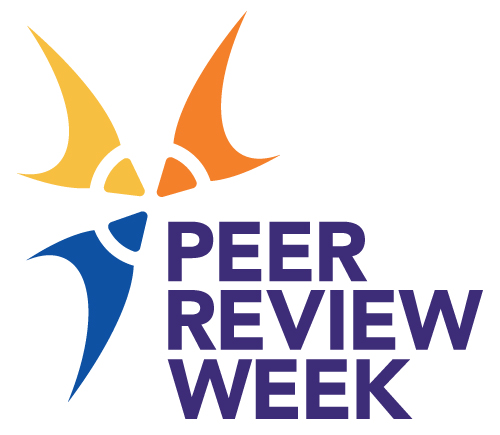
Stellenbosch University Library celebrated this year’s International Open Access Week 2022 by presenting a three-day programme that took place from 26-28 October. The celebrated theme “Open for Climate Justice” showcased a number of SU speakers who addressed the sub-themes of Climate Diversity, Climate Studies & Global Leadership and Climate Sustainability & Open Access at Stellenbosch University.
26 October – Climate Diversity
Prof Ruppel from the department of Mercantile Law, addressed the issues of climate justice versus climate responsibility, a South-North perspective. He noted that the more affluent countries, such as those in the Global North, are responsible for around half of all the greenhouse gas emissions. Whereas the Global South with the least greenhouse gas emissions, are the ones who are suffering as a result. Yet the accountability of these adverse effects of climate change, hence climate justice, is complex and shrouded in legal, political, economic and philosophical issues. He believes the North-South inequality can bridge the gap by recognising and acknowledging each others’ different realities and thereby objectively tackle global climate change.
Dr Okoliko from the School of Public Leadership, talked about a social media research study of public views on the COP26 coal phase-out deal for South Africa. Their analysis showed Facebook to be the primary source of news and the ‘go to’ platform for several South African news media. By analysing the comments and views of the people, they discovered an overwhelmingly negative sentiment towards the deal. However, the negativity is based on legitimate issues, such as the proper allocation of funding, the pros and cons of this deal for South Africa, the environmental impact and potential job losses within the industry.
Prof Helen de Klerk and Mr Bailey from the department of Geography & Environmental Studies presented a dual paper. They looked at various open access resources that provided geospatial data in geographical information systems (GIS) and remote sensing (RS) data. These data repositories can be used for creating climate forecasting, climate change modules and climate simulations. They also discussed the basic and advanced uses of these open data resources.
Recording: Open Access Week 2022 Climate Diversity 26 October 2022
27 October – Climate Studies & Global Leadership
Prof Guy Midgley from the department of Botany & Zoology and School for Climate Studies gave a brief overview of climate inequality in so far that less than 3% of the world’s investment into climate science is allocated to the whole of the African content. He also discussed regional solutions, for example the green hydrogen deal will work for Namibia, but it cannot work for South Africa. By way of demonstration, he used a MIT database, En-Roads, demonstrating the various vectors that are involved in decision-making when it comes to finding solutions to climate challenge.
Miss Mbuyisa and Miss Murray from the department of Botany & Zoology, represented the Global Alliance of Universities on Climate (GAUC) Youth Ambassadors for 2022. They not only represented Stellenbosch University but were also the only representatives from an African University. They, along with several other SU students, were the African voices for a global youth programme that involved discussions around climate change. They gained insight from multiple disciplines and learned about West-centric ideas verses Africanacity. Having gained considerable knowledge and experience, they were able to host the African Regional Forum at the School for Climate Studies.
Recording: Open Access Week 2022 Climate Studies & Global Leadership 27 October 2022
28 October – Climate Sustainability & Open Access at SU
Prof Chris Reddy from Curriculum Studies, started off by explaining the natural ecological structure of cycles and the human or man-made environmental structure. Although humankind is part of the natural cycle, we are not within the ecological cycle and our actions and interventions are causing disruptions in the ecological cycle. For this, environmental education is an essential dimension, since in it lies the sphere of a relationship with our environment. This sphere allows for critical thinking based on local and community-driven issues. It advocates for localised change, developing emancipatory life practices, and a place for sustainable living practices.
Prof Booysen from the department of Electrical & Electronics Engineering discussed the use and consumption of water, energy, and electricity. The department developed three devices, namely What’on, Geasy and count Dropula. These devices collected data from geysers in various households, various schools and from the driving patterns of minibus taxis. The collected data is openly accessible and countries such as Switzerland, France, the United States, Oxford and even Eskom, are now using the data to run simulation models. Next on the agenda for the department is water quality meters, smart green tunnels and air quality sensors.
Dr Tshuma from the department of Agronomy discussed how agricultural activities contribute to greenhouse gas emissions, following a 10-year trial study involving eight countries. Their analysis showed that using nitrogen or synthetic fertiliser increases crop production. Their study also showed that synthetic fertilisers can be replaced by using more natural techniques to produce the same yield. These techniques include animal manure, legumes, crop rotation and tillage methods, to name but a few.
Prof Esler from the department of Conservation Ecology & Entomology discussed her personal experiences about her connectedness and reciprocity with nature. Experiencing home invasion, grief and stress she discovered the synergy and beauty of growing your own vegetable garden. This timeless activity re-connected her with nature. From her own garden, she started a hobby and created mandalas, which became her meditation tool. Nature nurtures, and for her, nature is not just about a physical connection or producing food, but also a mental and spiritual connection that can heal both body and mind, and by healing the planet you heal yourself. She also believes urban gardening can go a long way in combating climate change.
Mrs Seyffert-Wirth from Stellenbosch University Library gave an overview of why we are celebrating open access, and the benefits of providing free and unhindered access to research output. She discussed the various open access initiatives that have been initiated, hosted and maintained by the Library & Information Service for the past 14 years. This includes SUNScholar an institutional repository; an Open Access Publishing fund, now halted; 20 active journals; and a digital heritage repository. She introduced the Library’s plans for the future, which include transitioning digital repositories to connect with the semantic web; finding a connection between different library collections using various data science techniques and flagship projects to host Digital Humanities connections in collaboration with some of the SU departments.
Recording: Open Access Week 2022 Climate Sustainability & Open Access at SU 28 October 2022
Author: Paulette Talliard
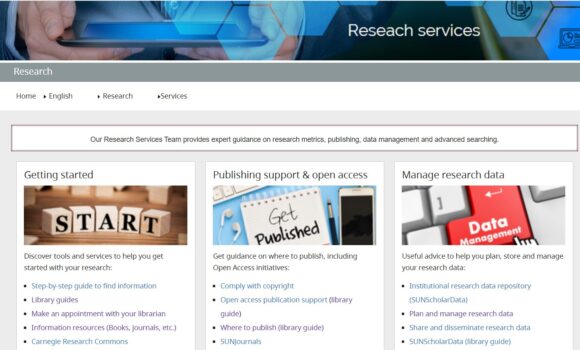
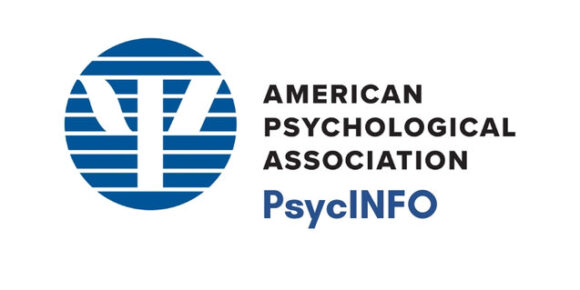
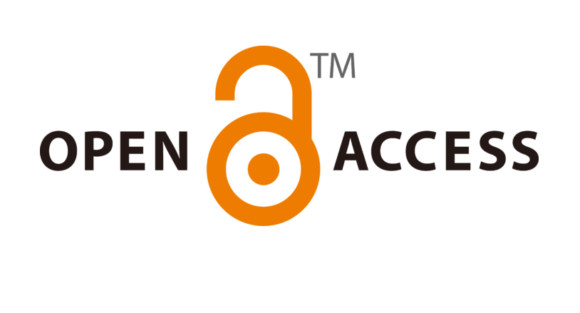

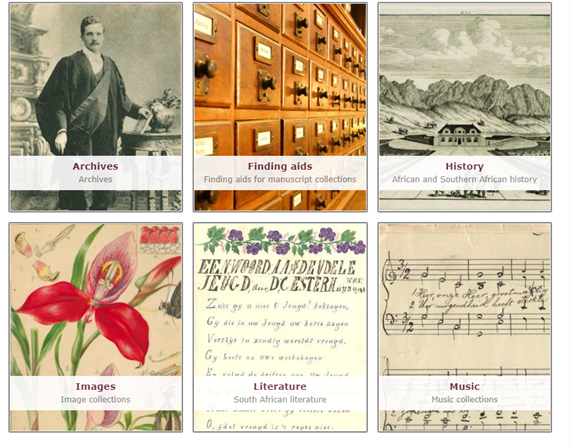

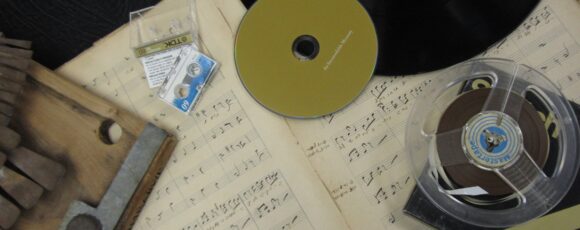
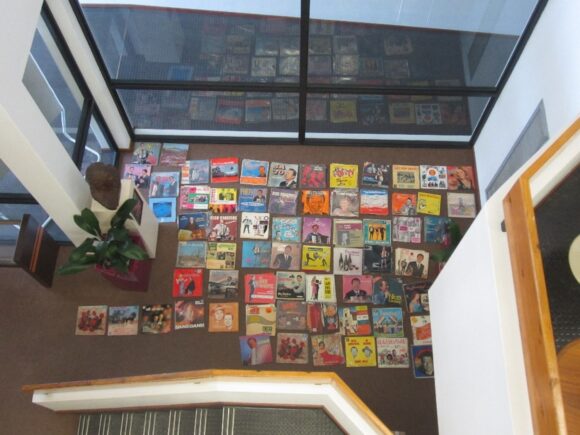

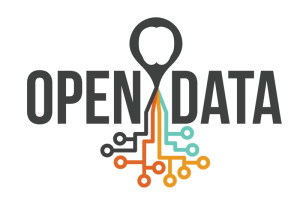 Image source: JulieBeck
Image source: JulieBeck